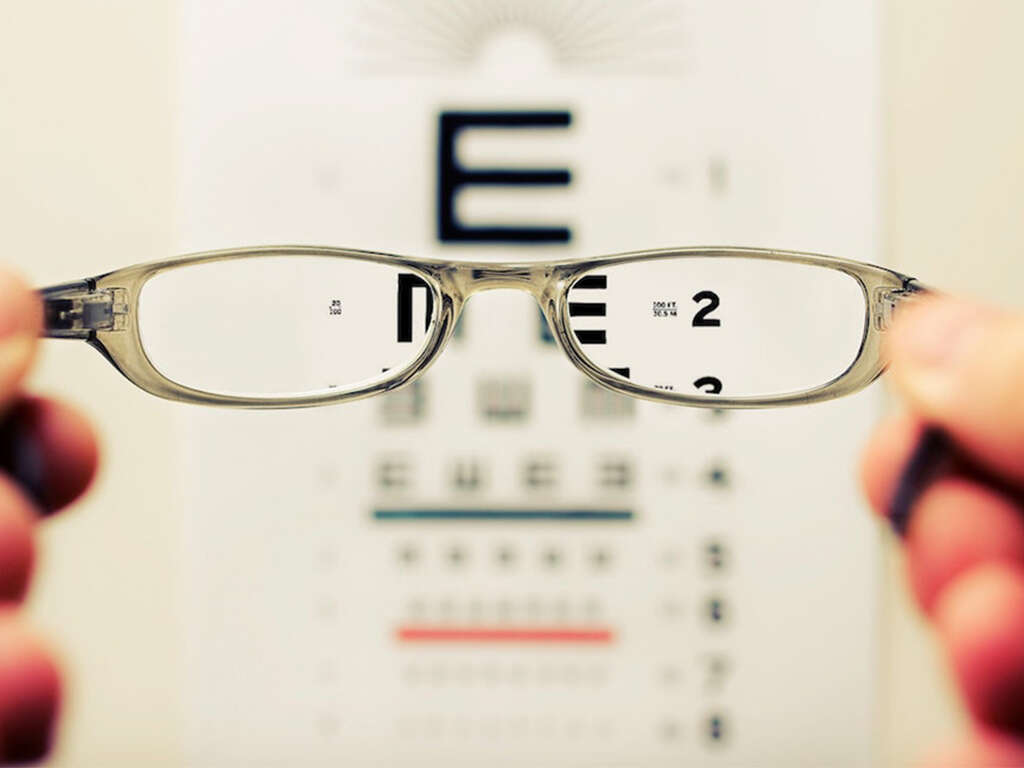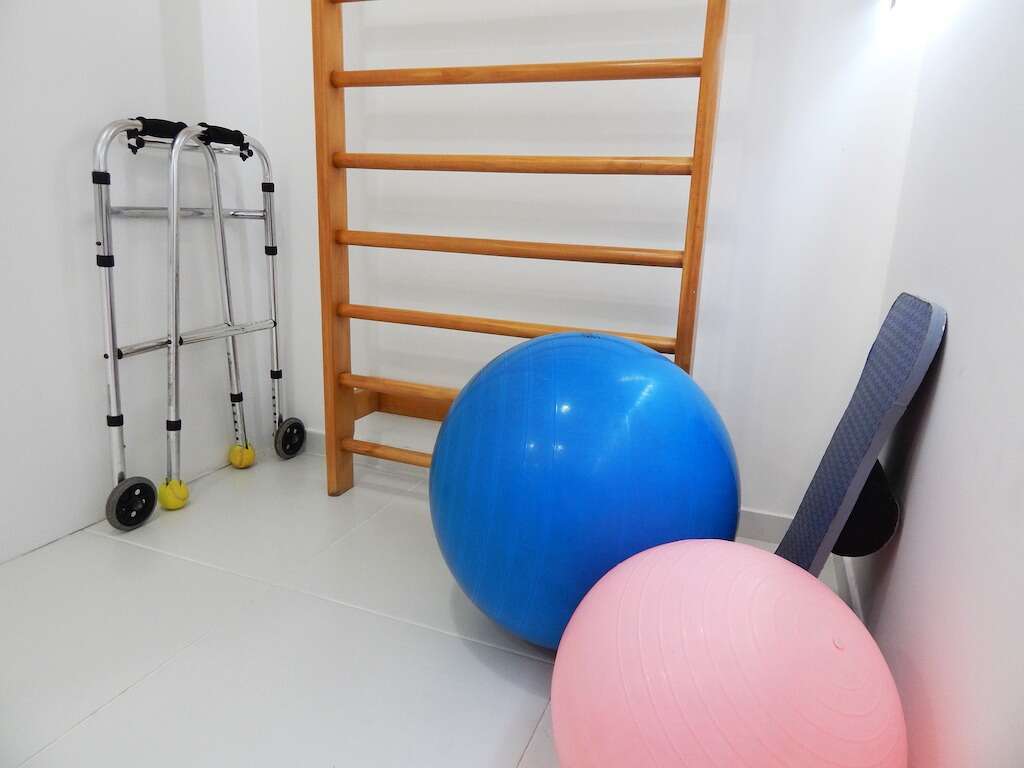10 BPV Symptoms
 Article Sources
Article Sources
- 1. 'Vertigo'. NHS Choices, NHS, 16 Mar. 2021, www.nhs.uk/conditions/vertigo/
- 2. 'Are Vertigo and Dizziness the Same Thing?' Health Essentials from Cleveland Clinic, Health Essentials from Cleveland Clinic, 14 Sept. 2020, health.clevelandclinic.org/are-vertigo-and-dizziness-the-same-thing/
- 3. 'Benign Paroxysmal Positional Vertigo (BPPV).' Benign Paroxysmal Positional Vertigo (BPPV) | Michigan Medicine, 16 Mar. 2021, www.uofmhealth.org/health-library/hw263714
Benign positional vertigo is a very common condition that causes sufferers to experience spinning sensations and loss of balance. This dizziness and loss of balance is known as vertigo, and BPV is one of the most common causes of vertigo.
In most cases, BPV causes brief episodes of dizziness or disorientation, usually when a person changes their posture or moves their head rapidly. These episodes can be unpleasant, but the condition itself isn’t usually a cause for concern unless the dizziness puts the person at increased risk of suffering an injury in other ways, such as by falling.
1. Caused by Movement
Episodes of benign positional vertigo can be triggered if a person living with the condition moves in certain ways, such as tilting their head, lying down or standing up suddenly. Some people find that even rolling over in bed is enough to trigger an attack of BPV.
The spinning sensations and dizziness may be mild or intense, but they usually don’t last long before subsiding. There is some evidence that BPV is hereditary, and some conditions can increase a person’s risk of BPV, including diabetes, osteoporosis and prior head injuries.
2. Vertigo
Vertigo is the main symptom of this condition. Vertigo means feeling that you, or the things around you, are spinning. This can be scary and disorienting and is more than just feeling dizzy. You may have a hard time walking properly.
Vertigo can be caused by many conditions, not just BPV.1‘Vertigo’. NHS Choices, NHS, 16 Mar. 2021, www.nhs.uk/conditions/vertigo/ Occasional attacks of vertigo that pass quickly are not usually anything to be concerned about. Seek medical advice if you have vertigo that persists or that reoccurs.

3. Nausea and Vomiting
Nausea is a common symptom of BPV. The loss of balance and disorientation can make some people feel sick. Usually, this feeling passes when the attack of vertigo ends.
In some cases, the episode of nausea is so intense that it causes the person to vomit. However, because the nausea was brought on by vertigo, vomiting may not offer relief. If this happens, one option is to rest and wait for the attack of BPV to pass.
4. Lightheadedness and Dizziness
Mild attacks of BPV may appear as a feeling of lightheadedness or wooziness. A person may feel that they don’t have good balance or that they’re floating. A slightly worse attack causes dizziness.
Dizziness means an altered sense of orientation and a loss of awareness of balance and position within a space. The difference between dizziness and vertigo is that in an attack of vertigo, it feels as if the surrounding space is really moving.2‘Are Vertigo and Dizziness the Same Thing?’ Health Essentials from Cleveland Clinic, Health Essentials from Cleveland Clinic, 14 Sept. 2020, health.clevelandclinic.org/are-vertigo-and-dizziness-the-same-thing/

5. Unsteadiness and Loss of Balance
Both dizziness and vertigo can make a person feel unsteady, making it hard for them to stand up or walk around. In severe cases, a person might lose their balance and need to sit down or hold on to something until the attack passes.
Most attacks of BPV are short-lived, and when they pass, the person feels normal again and can go about their day-to-day business. Finding ways to prevent attacks, such as getting up slowly and avoiding rapid head movements, can help.
6. Blurred Vision and Disorientation
Some BPV sufferers experience blurred vision or loss of control of their eye movements during an attack. If this symptom is severe, it could contribute to a feeling of disorientation.
Humans rely on all of the senses together to let them know where they are in relation to things around them. Losing one or more of those senses suddenly can make them feel confused and disoriented, and it can take some time to adapt to the lack of feedback from the senses.

7. Loss of Confidence
Some older adults who suffer from BPV may feel scared and lose confidence. They may worry about falling and suffering an injury because of the fall. They might choose to go out less or only if someone is with them.
This loss of confidence is not caused directly by BPV, but it can develop, leading to social isolation, loss of independence, a low mood or cognitive decline. It’s important for people to stay as active and independent as they can as they age.
8. Inner Ear Problems
BPV is caused by small calcium deposits in the inner ear becoming dislodged and making their way into the semicircular canal.3‘Benign Paroxysmal Positional Vertigo (BPPV).’ Benign Paroxysmal Positional Vertigo (BPPV) | Michigan Medicine, 16 Mar. 2021, www.uofmhealth.org/health-library/hw263714 When a person with BPV moves their head in a certain way, the calcium deposits trigger sensors in that part of the canal, causing episodes of vertigo.
BPV is more common in older adults, but it can also occur in people who have had head injuries. Some medical conditions such as diabetes and osteoporosis are thought to increase the risk of BPV.

9. Sometimes Self-Resolving
Many people with BPV find that it resolves itself after a few months without intervention. Treatments are available for people who have recurring BPV, and the most common is a form of physical therapy known as the Epley maneuver.
This treatment involves the patient moving their head in a way that directs the calcium deposits back into the correct part of the inner ear. Many people find this is a permanent cure. Others have to repeat the treatment to stop attacks of BPV from occurring.
10. Treatable
Most people with BPV can lead a normal life. Vertigo episodes can be scary; however, once a person knows what is causing them and how to prevent them, it’s possible to manage the condition.
Most patients find the Epley maneuver works well for them and stops attacks from happening. Even those who do have recurring attacks can find some relief from performing the treatment regularly and taking care to move slowly and deliberately, avoiding sudden head movements.








